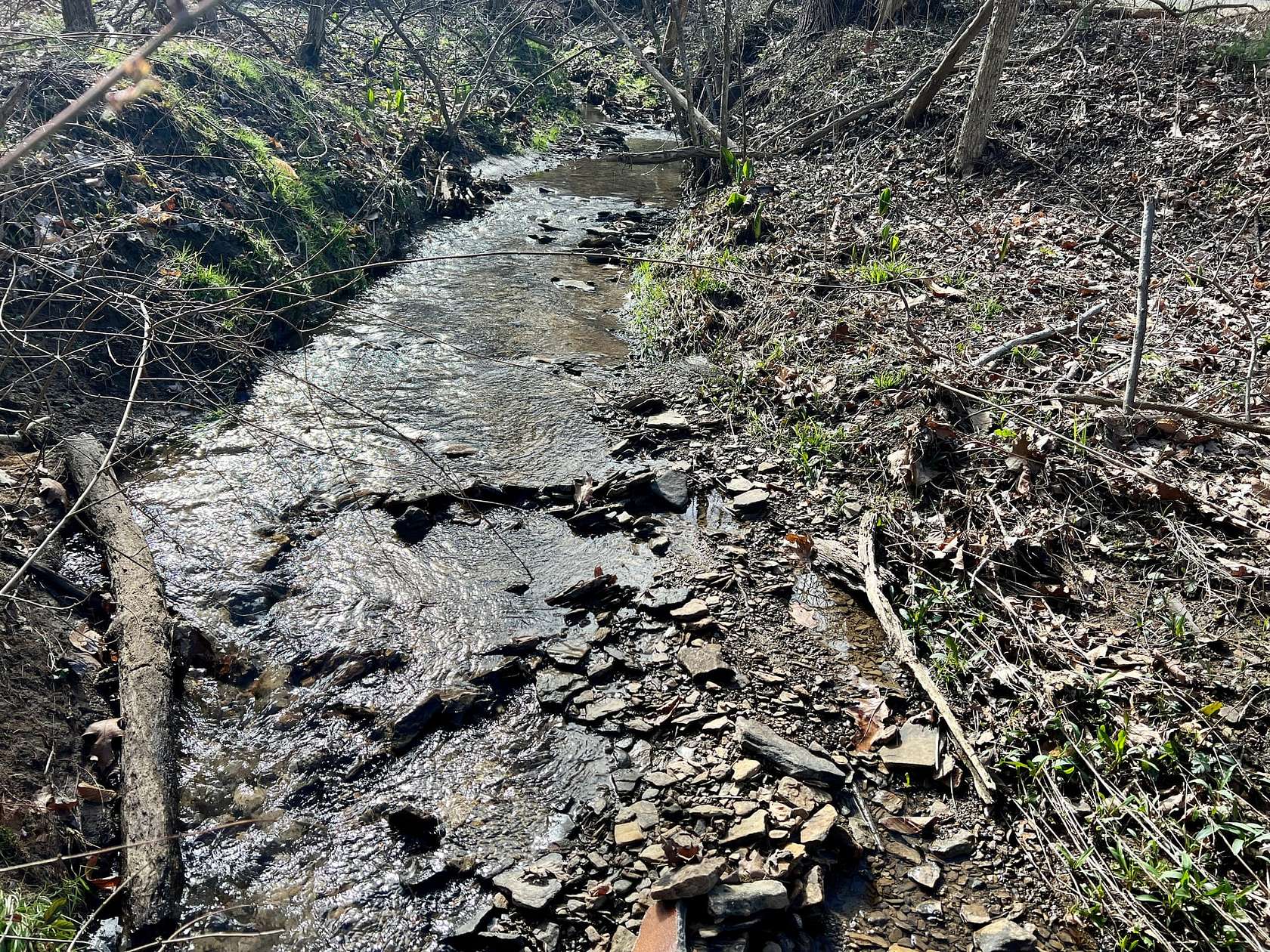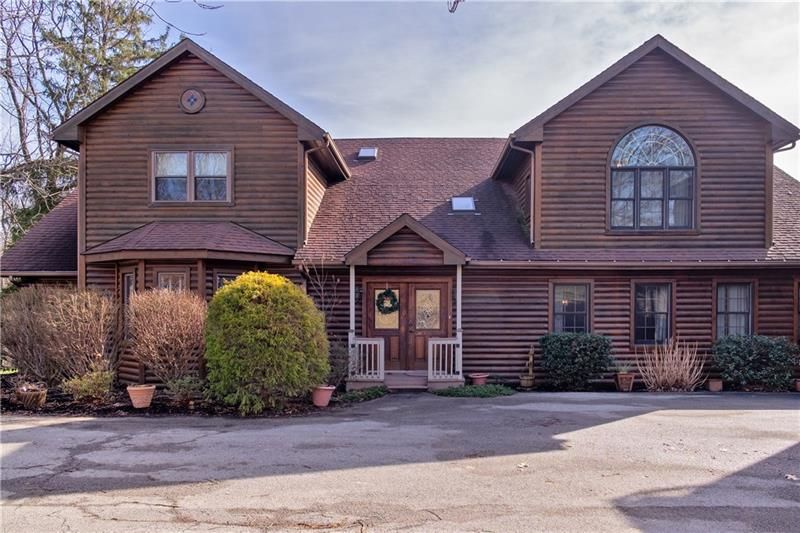Land For Sale Beaver County Pa – When we begin to view everything through the lens of commerce, it’s easy to lose sight of the things that make life worth living — the moments that aren’t for sale, the experiences that can’t be bought. But is this a reflection of reality? Or is it an illusion we’ve created, an idea we’ve accepted in order to make sense of a world that increasingly revolves around consumption and profit?
At the core of this idea lies the assumption that everything, no matter how unique or rare, can be exchanged. Even objects with little intrinsic value can be sold with great meaning. While many artists and creators are forced to sell their work in order to make a living, there is still a sense of purity in the act of creation. Whether it’s a vintage armchair, a gently used dining table, or a piece of mid-century modern furniture, second-hand furniture can be both functional and stylish. On one hand, there’s the potential for an established client base, proven systems, and a recognizably brand name. This sense of history and individuality is part of what makes second-hand shopping so appealing. For people looking to furnish their homes, build a wardrobe, or invest in certain hobbies or collections, second-hand goods often provide a way to access items they might otherwise be unable to afford. In this sense, quality is not just about prestige; it’s about making thoughtful choices that contribute to a more sustainable and rewarding lifestyle. Conversely, periods of economic growth may lead to more businesses being sold due to increased valuations and higher demand. The struggle is not in resisting the marketplace entirely, but in finding balance, in ensuring that the things that truly matter cannot be bought, sold, or traded. It is only through diligent research that a buyer can truly determine whether the business is worth the asking price. Sellers can list items with detailed descriptions and high-quality photos, giving potential buyers a clear understanding of what they are purchasing. It’s a phrase that, at first glance, may seem simple and straightforward. As more and more people become concerned about the planet’s resources and the impact of consumerism on the environment, the concept of buying used goods has gained traction as a more sustainable alternative to purchasing new products. Overpricing an item can lead to it sitting unsold, while underpricing it can result in lost potential revenue. They also often help with legal and financial aspects, ensuring that the transaction is completed smoothly and efficiently. For the buyer, purchasing a home is a dream realized, a step toward security and stability. Thrifted clothing, vintage furniture, and pre-owned electronics are often seen as more authentic and unique than brand-new, mass-produced items. Just as with material possessions, when a person is “for sale,” they put their value on display for others to assess.

Beaver Falls, Beaver County, PA House for sale Property ID 336067117
3d toursneighborhood infoview local noise levelsview property flood risks

Big Beaver, Beaver County, PA House for sale Property ID 335316809
3d toursneighborhood infoview local noise levelsview property flood risks

83 Acres of Recreational Land for Sale in Beaver, Pennsylvania LandSearch
3d toursneighborhood infoview local noise levelsview property flood risks

2 acres, Beaver, PA, Property ID 9439984 Land and Farm
3d toursneighborhood infoview local noise levelsview property flood risks

Beaver County, PA Real Estate & Homes for Sale
3d toursneighborhood infoview local noise levelsview property flood risks

Beaver County, PA Land for Sale 97 Properties LandSearch
3d toursneighborhood infoview local noise levelsview property flood risks

Beaver Falls, Beaver County, PA House for sale Property ID 337573490
3d toursneighborhood infoview local noise levelsview property flood risks

Beaver Falls, Beaver County, PA House for sale Property ID 332159952
3d toursneighborhood infoview local noise levelsview property flood risks

Beaver, Beaver County, PA House for sale Property ID 336788628 LandWatch
3d toursneighborhood infoview local noise levelsview property flood risks

Clinton, Beaver County, PA Farms and Ranches, Recreational Property
3d toursneighborhood infoview local noise levelsview property flood risks
The rise of online platforms has transformed the way second-hand goods are bought and sold. We live in a society where people constantly trade their time for money, their expertise for compensation, their dreams for tangible rewards. Once an agreement is reached, the final step is the legal transfer of ownership. In times of financial hardship, such as during recessions or periods of high unemployment, more people may turn to second-hand goods as a way to save money. For sellers, the challenge lies in pricing items fairly and accurately representing their condition. In a world that often prioritizes convenience
The notion of a business for sale is one that captures the imagination of many. When someone buys a second-hand item, whether it’s a piece of furniture passed down through generations or a retro jacket from a bygone era, they are not just acquiring an object; they are connecting to a story, a memory, or a cultural moment. For those on a budget or looking to stretch their money further, second-hand markets provide an opportunity to purchase goods that would otherwise be out of reach. People are not just looking for things that work well; they want products that elevate their environment and their experiences. While many artists and creators are forced to sell their work in order to make a living, there is still a sense of purity in the act of creation. The materials, labor, and expertise that go into crafting these items naturally make them more expensive. These professionals help connect buyers with sellers, ensuring that both parties are well-informed and that the transaction process is as smooth as possible. When we begin to view everything through the lens of commerce, it’s easy to lose sight of the things that make life worth living — the moments that aren’t for sale, the experiences that can’t be bought. These goods, once owned and used by someone else, offer a unique opportunity for both sellers and buyers to exchange items that might otherwise go unused. Although the transaction may be challenging at times, the opportunity to buy or sell a business can open doors to new ventures, provide financial rewards, and enable entrepreneurs to pursue their goals. Due diligence is a crucial part of the process, where the buyer investigates the business thoroughly to ensure that there are no hidden liabilities, potential risks, or operational inefficiencies. Each item was unique, and the quality was immediately apparent to the buyer. It’s a small but significant way to make a positive impact on the planet, especially when one considers the volume of waste generated by fast fashion, electronic waste, and disposable goods. Many factors can influence the negotiation, such as the business’s financial performance, industry trends, and the level of interest from other buyers. Once a suitable business has been identified, the buyer usually begins the due diligence process, which involves reviewing all relevant documents, financial records, and contracts.
They become part of the story of the buyer and the creator, connecting people to a tradition of excellence, heritage, and care. In this world, emotions can feel like products, available to be consumed at will and disposed of when they no longer serve a purpose. The focus on longevity and reliability is what sets these goods apart from their mass-market counterparts. These platforms often provide tools that help streamline the due diligence process, including access to financial documents, business valuations, and other relevant data. The sale and purchase of second-hand goods play a pivotal role in this transition, demonstrating how individuals can make a meaningful impact through everyday choices. Once a suitable business has been identified, the buyer usually begins the due diligence process, which involves reviewing all relevant documents, financial records, and contracts. As more and more people become concerned about the planet’s resources and the impact of consumerism on the environment, the concept of buying used goods has gained traction as a more sustainable alternative to purchasing new products. They are investments, not just purchases, and their value is often felt long after the original transaction has ended. For fashion-conscious individuals, buying second-hand is a way to express their personal style while also supporting sustainable practices. Whether through their durability, aesthetic appeal, or the values they embody, these products go beyond simple transactions. Many second-hand clothing stores and online platforms specialize in curating high-quality, gently used apparel, making it easy for consumers to find fashionable items that align with their tastes. If the buyer is satisfied with the findings, the next step is usually negotiation. Social media platforms, for example, offer users a chance to buy into their own identity, to curate a version of themselves that is more appealing, more desirable, more marketable. But the price of quality goods can often be a barrier for many. In this broader sense, the concept of “for sale” is not just about the exchange of goods; it’s a driving force in the global economy, influencing how people live, work, and interact with the world around them. But what about the intangible things? Can memories be bought? Can feelings, emotions, or connections be traded? In a sense, many people would argue that in today’s world, even the intangible is up for grabs. Whether it’s funding education, supporting homelessness services, or providing medical assistance, the money spent in second-hand shops can contribute to making a difference in the lives of others. Yet, even within this system, there is room for hope. The materials used, whether it’s hardwood, durable fabrics, or premium upholstery, are chosen for their longevity and aesthetic appeal. Many brokers specialize in certain industries or types of businesses, allowing them to better serve their clients by offering specialized knowledge and advice.